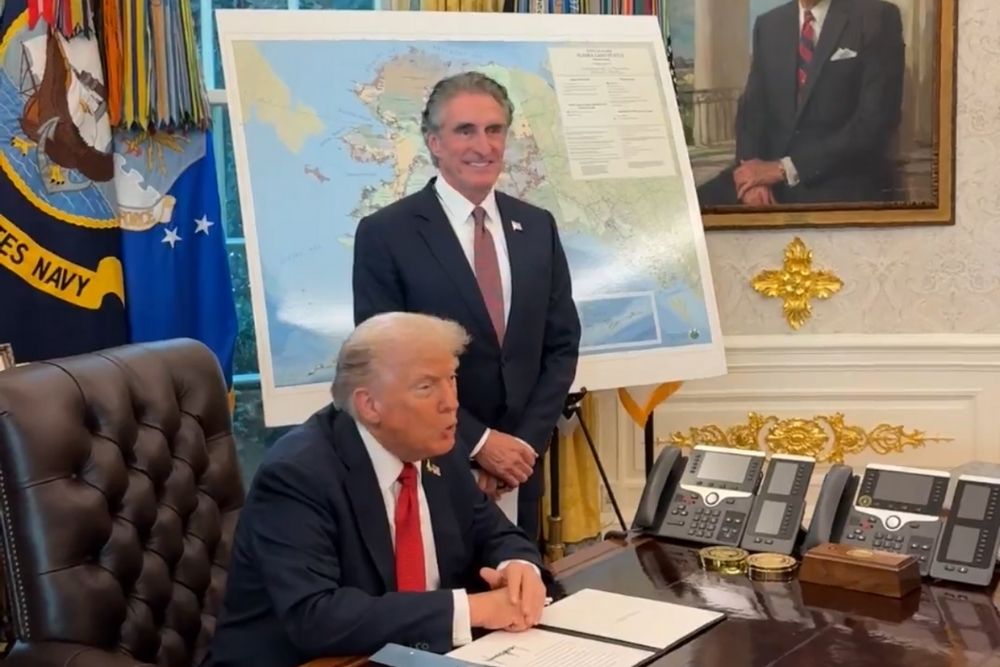Mexico overtakes China as top U.S. trade partner
- August 21, 2023
- Posted by: Quatro Strategies
- Categories: Americas, Rare Earths & Commodities, United States

Mexico has once again become the United States’ top trading partner, with trade between the two countries totaling $263 billion in the first four months of this year. This shift is seen as a clear indication of how the economic disruptions caused by the pandemic in 2020 are continuing to shape the global economy.
This transition in trade dominance has been driven by various factors. Before the pandemic, former President Donald Trump’s tariffs on Chinese goods and the signing of the US-Canada-Mexico trade deal, a modernized version of NAFTA, set the stage for changes in trading relationships. Additionally, the concept of “nearshoring” has gained momentum. Nearshoring involves bringing supply chains for essential goods closer to home, both physically and politically.
The rise of nearshoring was accelerated by the pandemic, which increased shipping costs across the Pacific and heightened consumer demand for quicker delivery times. As a result, companies like Walmart began looking for suppliers closer to home. This shift is not about deglobalization, but rather the next phase of globalization, focused on regional networks.
Regionalization is gaining traction as an alternative to traditional globalization. The idea is to keep production closer to home, which can benefit local workers. Mexico’s trade with the US demonstrates this concept; a significant portion of Mexican imports to the US consists of goods with parts that are still made in the US, contributing to regional economic interdependence.
While the trade relationship between Mexico and the US remains strong, recent efforts by President Joe Biden’s administration have shown a willingness to improve the US-China relationship. Secretary of State Antony Blinken and China’s leader, Xi Jinping, have pledged to stabilize the relationship between the two countries, and Treasury Secretary Janet Yellen has indicated hope for closer collaboration. Despite these diplomatic efforts, trade shifts and the rise of regionalization are expected to continue shaping global trade dynamics in the years ahead.
Interested in learning more?
Sign up for Top Insights Today

Top Insights Today delivers the latest insights straight to your inbox.
You will get daily industry insights on
Oil & Gas, Rare Earths & Commodities, Mining & Metals, EVs & Battery Technology, ESG & Renewable Energy, AI & Semiconductors, Aerospace & Defense, Sanctions & Regulation, Business & Politics.


